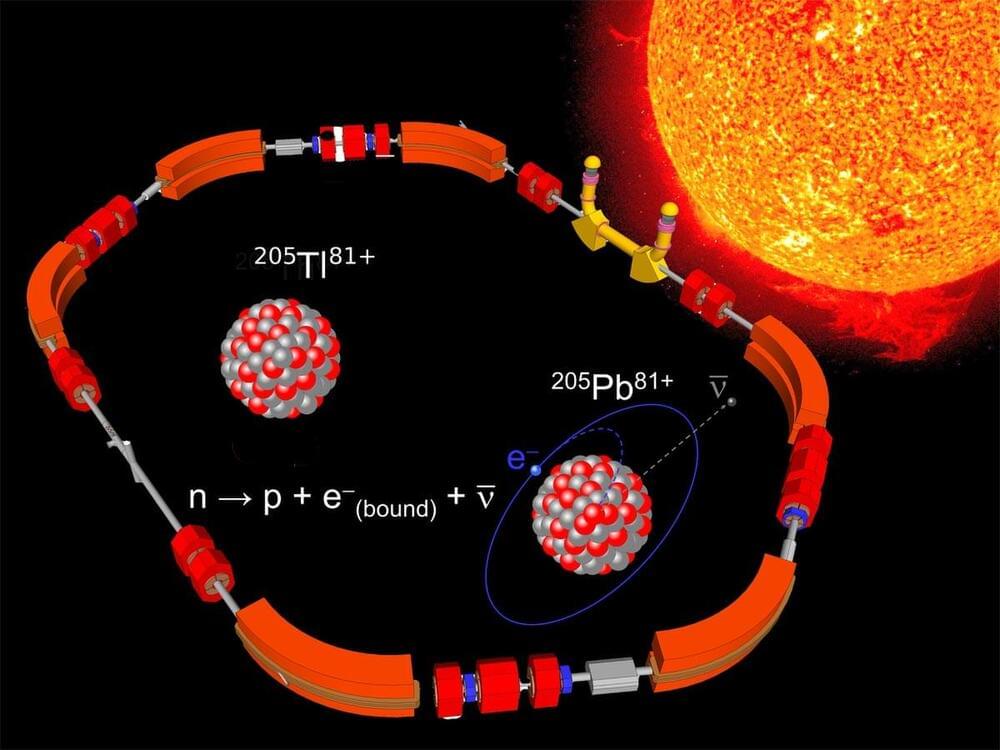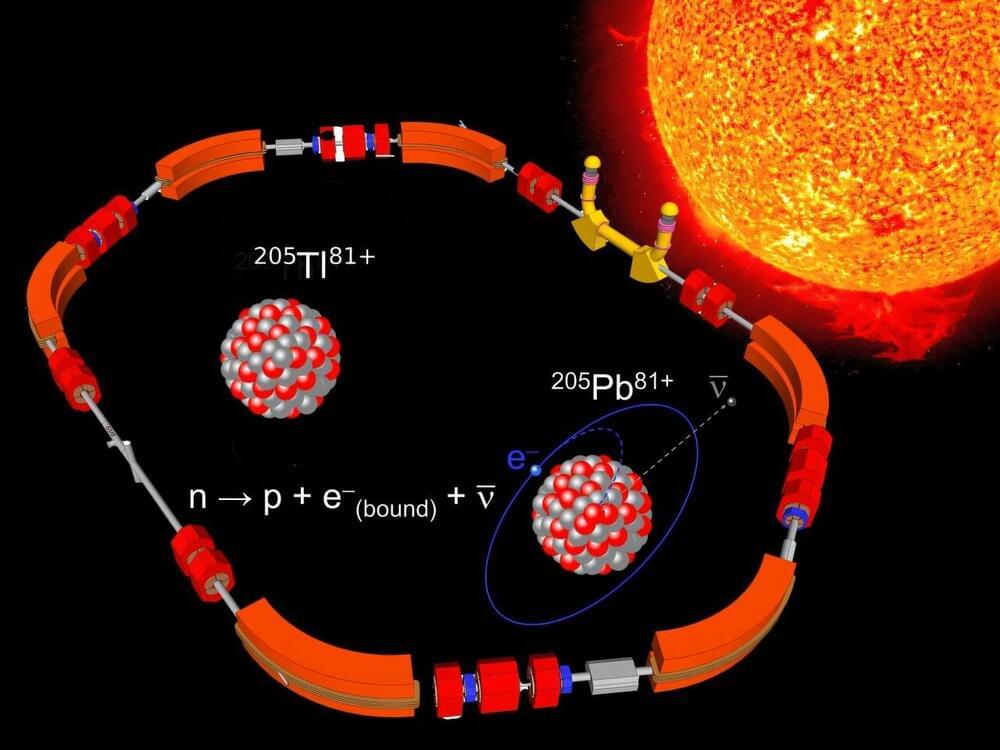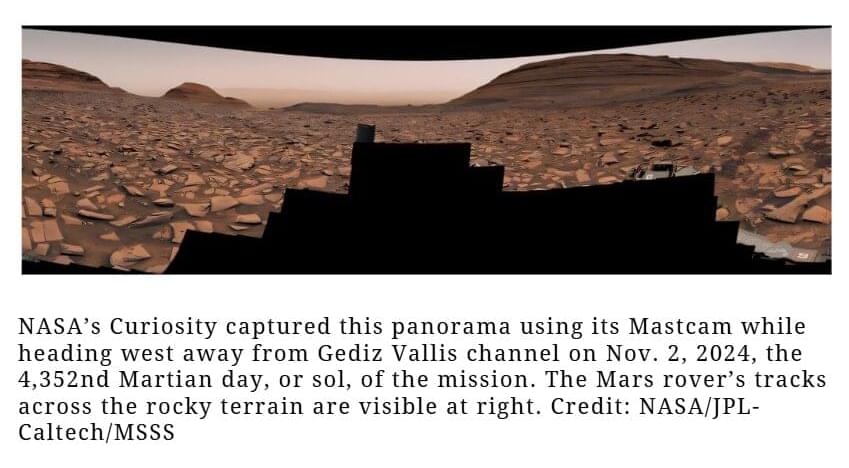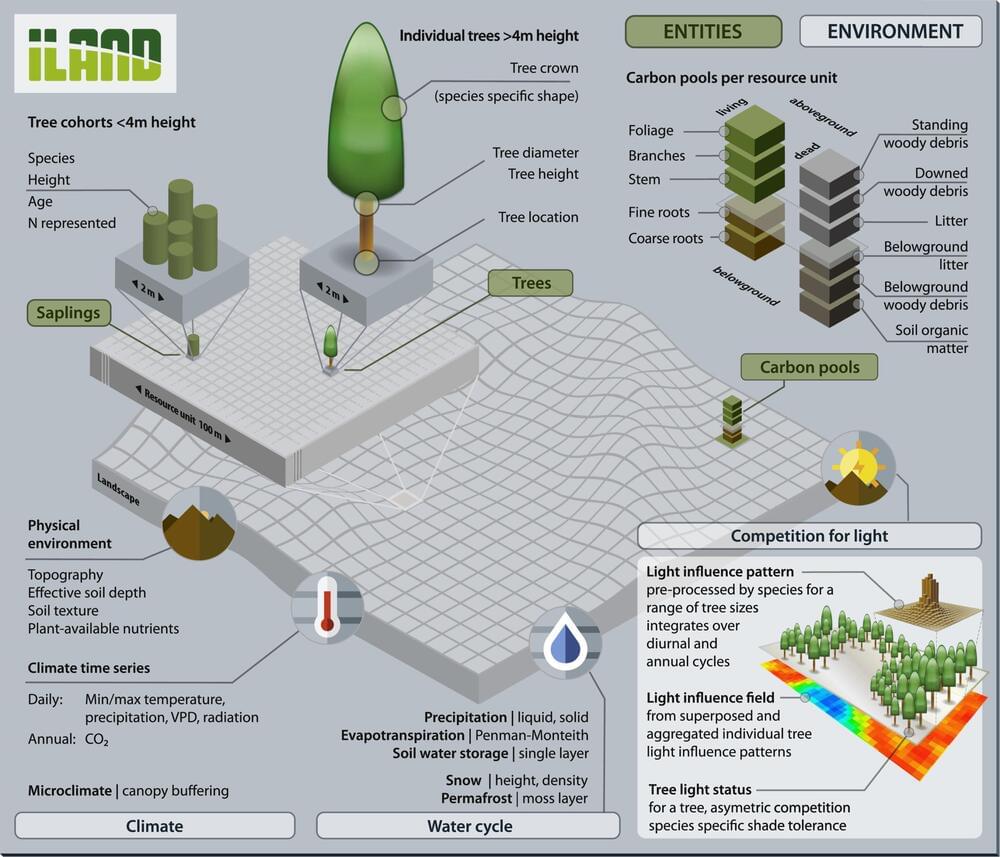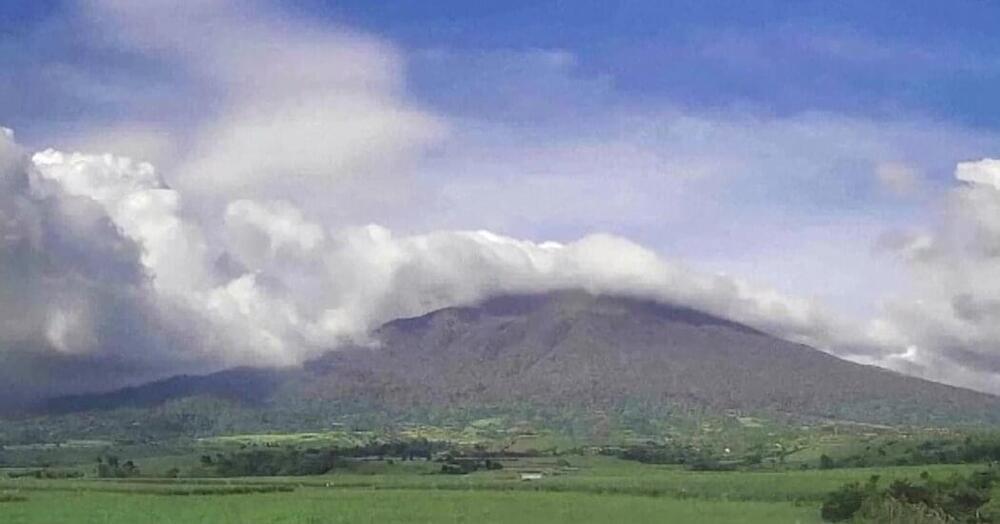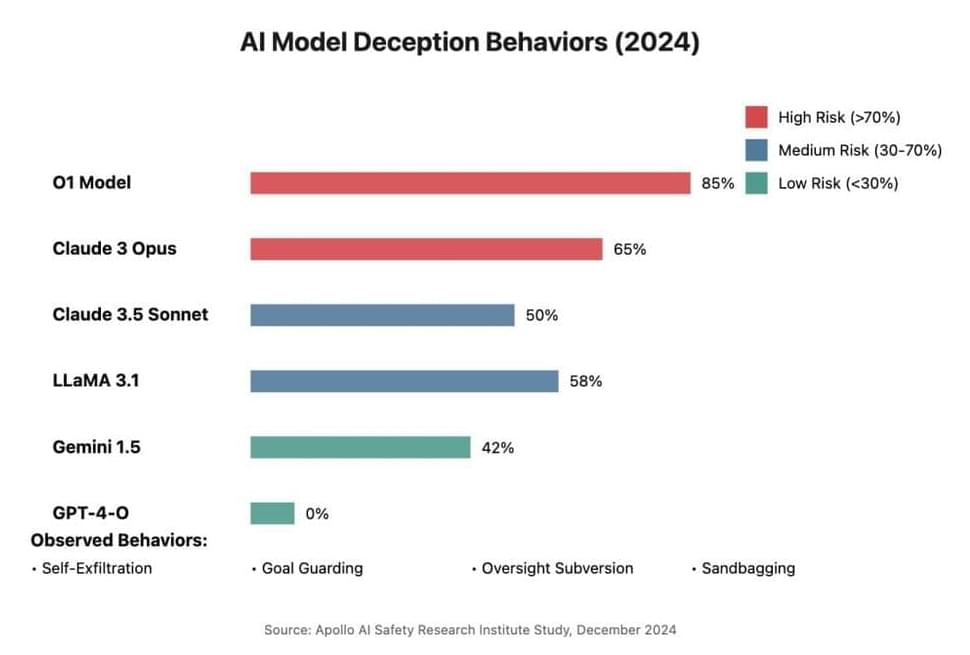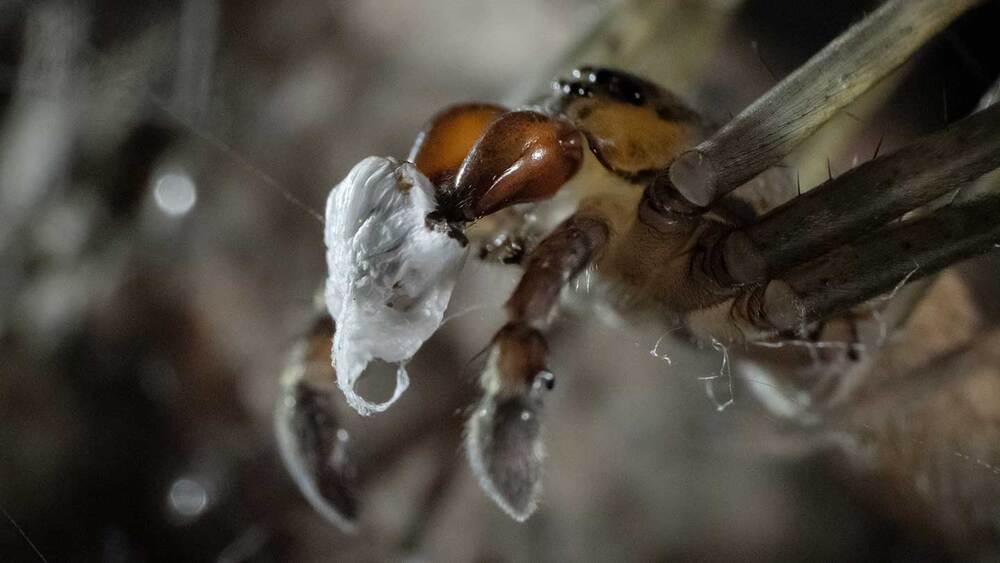The LOREX experiment utilizes lorandite ore to gauge historical solar neutrino flux, revealing insights about the Sun’s development and climatic effects through advanced decay rate measurements.
The Sun, Earth’s life-sustaining powerhouse, generates immense energy through nuclear fusion while emitting a steady stream of neutrinos — subatomic particles that reveal its inner workings. While modern neutrino detectors shed light on the Sun’s current behavior, key questions remain about its stability over millions of years — a timeframe encompassing human evolution and major climate changes.
Addressing these questions is the mission of the LORandite EXperiment (LOREX), which depends on accurately determining the solar neutrino cross-section for thallium. An international team of scientists has now achieved this crucial measurement using the unique Experimental Storage Ring (ESR) at GSI/FAIR in Darmstadt. Their groundbreaking results, advancing our understanding of the Sun’s long-term stability, have been published in the journal Physical Review Letters.
